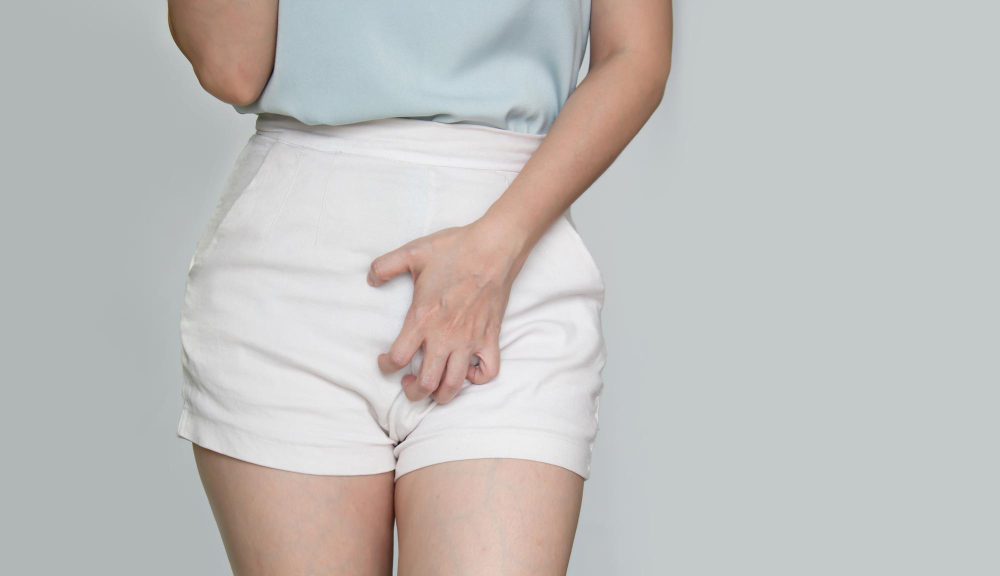
Vaginal discharge is a common condition experienced by almost all women. While it is often normal, there are times when it can become excessive and indicate a health issue. This article will take an in-depth look at what vaginal discharge is, the causes of excessive vaginal discharge, the symptoms of normal and abnormal vaginal discharge, and how to treat excessive vaginal discharge.
Vaginal discharge is a fluid that comes out of the vagina as the body's way of cleansing and protecting the female reproductive organs. This fluid is made up of dead cells and natural bacteria that help maintain vaginal balance and health. Vaginal discharge is usually clear or white in color and has no pungent odor.
Excessive vaginal discharge can be caused by various factors. Here are five common causes you need to know about:
Fungal infections, such as vaginal candidiasis, are one of the most common causes of excessive vaginal discharge. This infection is often caused by an overgrowth of the Candida fungus. Other symptoms include itching, redness, and burning in the vaginal area.
Bacterial vaginosis occurs when the balance of good and bad bacteria in the vagina is disturbed. This can cause excessive vaginal discharge, usually gray or white in color and fishy smelling.
Sexually transmitted infections such as gonorrhea, chlamydia, and trichomoniasis can cause excessive vaginal discharge. Vaginal discharge resulting from STIs usually has an unusual color and odor, and is accompanied by other symptoms such as pain during urination or sexual intercourse.
Hormonal changes, especially those that occur during the menstrual cycle, pregnancy, or menopause, can cause excessive vaginal discharge. The hormone estrogen plays a major role in the production of vaginal fluid.
The use of vaginal hygiene products that contain harsh chemicals, such as scented soaps, douches, or vaginal sprays, can irritate and disrupt the pH balance of the vagina, leading to excessive vaginal discharge.
Abnormal vaginal discharge can be a sign of infection or other health problems. Symptoms of abnormal vaginal discharge include:
If you experience excessive vaginal discharge, here are some ways to deal with it:
Wash the genital area with warm water and mild soap. Avoid using scented soaps or vaginal hygiene products that contain harsh chemicals.
Wear cotton underwear that allows the skin to breathe. Avoid underwear that is too tight or synthetic.
Douching can disrupt the natural bacterial balance in the vagina and cause irritation.
If excessive vaginal discharge is accompanied by abnormal symptoms, consult a doctor immediately for proper diagnosis and treatment.
Eat a healthy and balanced diet, including yogurt that contains probiotics, to help maintain the balance of good bacteria in the body.
Vaginal discharge is a natural part of a woman's reproductive cycle, but excessive discharge can be a sign of a health problem. By understanding the causes of excessive vaginal discharge and the symptoms to look out for, you can take the right steps to keep your reproductive organs healthy. If in doubt or experiencing disturbing symptoms, do not hesitate to seek medical help. (Aq/LDS)